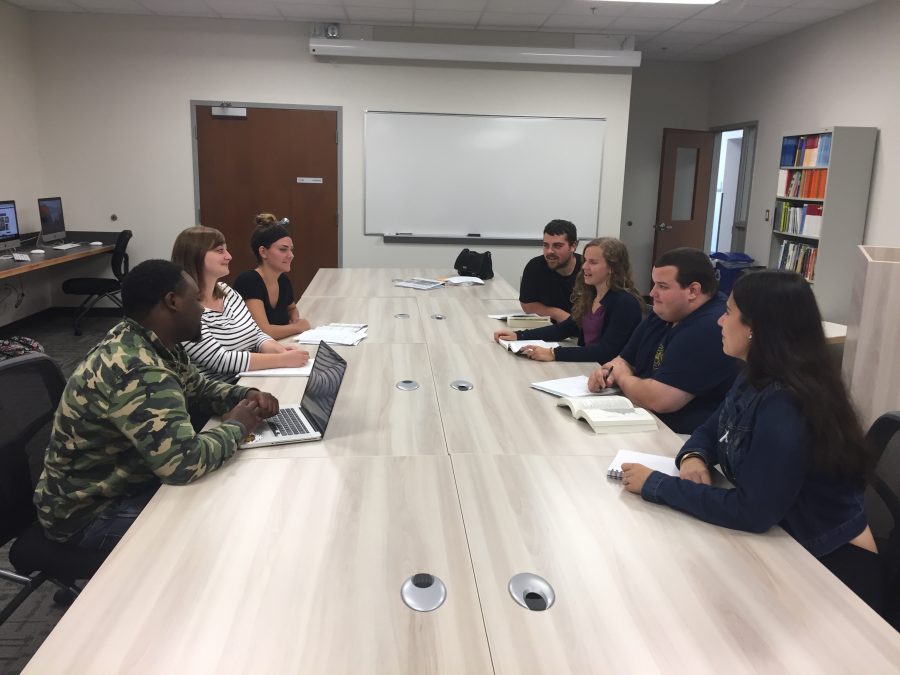Stevenson University has made it a goal towards creating a diverse community. The School of Humanities and Social Sciences (HaSS) continues to host conversations on diversity.

This year’s theme, “Current Realities,” is hosted by Dr. Alex Boulton, professor of history, and Dr. Ingrid Tulloch, assistant professor of psychology. The conversations usually take place on the Greenspring campus in the Cuvilly Exchange building.
September 14 was the beginning of the conversation on this year’s theme, focusing on “The reality of 2016.” Tulloch explained that this first topic looks at where we are now. She believes that this topic should focus on all of the events in 2016. Participants can come to understand that diversity does not mean a focus only on the campus community, but phenomena that are happening outside of the Stevenson community as well.
In order for the conversations to happen on campus, HaSS receives support from faculty, students, and staff. Tulloch believes that Stevenson students play a major role in these conversations. When students attend these events, she said, “the conversations become livelier because of student presence.” For the most part, the majority of the same people attend the conversations, and Tulloch hopes that more people will become involved.
DIVERSITY IN THE CLASSROOM
“Diversity in the Classroom” is the final topic for this year’s theme, with a projected date of Oct. 5. The conversation will focus on issues of diversity and inclusion, investigating how the Stevenson community celebrates its diverse student body to make students feel important in and outside of the classrooms.
Tulloch believes that diversity is not just about race; instead, it is about the values and uniqueness the Stevenson community shares. Because many people who are a part of the Stevenson community come from different backgrounds, these conversations are necessary to address issues successfully. The hope is to reach a point where everyone is open to other perspectives and is allowed to share who they truly are without feeling marginalized.


























































